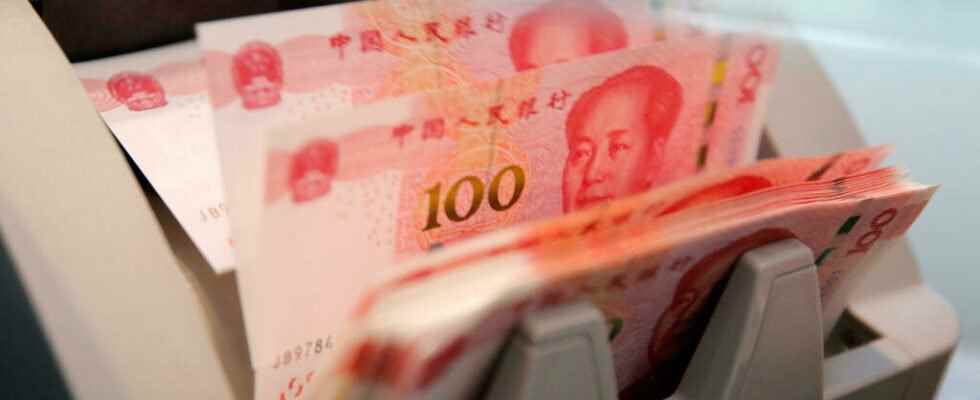China’s central bank is lowering one of its benchmark rates to support the country’s economy amid a faltering recovery. At the same time, the Central Bank of Turkey seems to be taking a break from its policy of lowering its short-term interest rate to calm the country’s inflation.
In China, this is the second time in the space of barely two months that Beijing has decided to ease its monetary policy. A measure to support the country’s economy. The one-year prime rate, which is the benchmark for the most advantageous rates that banks can offer to businesses and households, has been lowered to 3.7%. This measure should make it possible to reduce borrowing costs on the market.
The five-year rate was also reduced to 4.6%. This second rate is important for mortgages. According to experts, this measure should make it possible to support demand for housing in a real estate market shaken by the virtual bankruptcy of the giants of the sector, Evergrande and Kaisa. In recent months, real estate sales and prices have been falling in many Chinese cities.
►Read: Central banks on the bridge against inflation
The Hong Kong Stock Exchange reacted well, closing up more than 3%. An increase benefiting in particular the Chinese giants of technology and those of the real estate particularly in difficulty.
In Turkey, the central bank keeps its key rate unchanged
L’galloping inflation in Turkey may have prompted Recep Tayyip Erdogan to reflect on his monetary policy. Not listening to the advice of economists, the Turkish president is obsessed with growth, which he wants to fuel with a cheap credit policy.
It is for this reason that the central bank lowered its key rate from 19% to 14% between September and December. Except that this policy inflates the money supply in circulation. As proof, inflation reached 36% over one year in December, a record for almost twenty years. This strategy of lowering interest rates also caused a fall in the Turkish lira. It lost 44% of its value against the dollar in 2021. As a result, consumer prices rose sharply, more than seven times higher than the government’s initial target.
Faced with the discontent of the Turks, the Head of State promised to bring inflation back below 10% as soon as possible, because time is running out. Indeed, the presidential elections will take place in a year and a half in Turkey.
►To read: Inflation hits records all over the world… central banks are struggling
